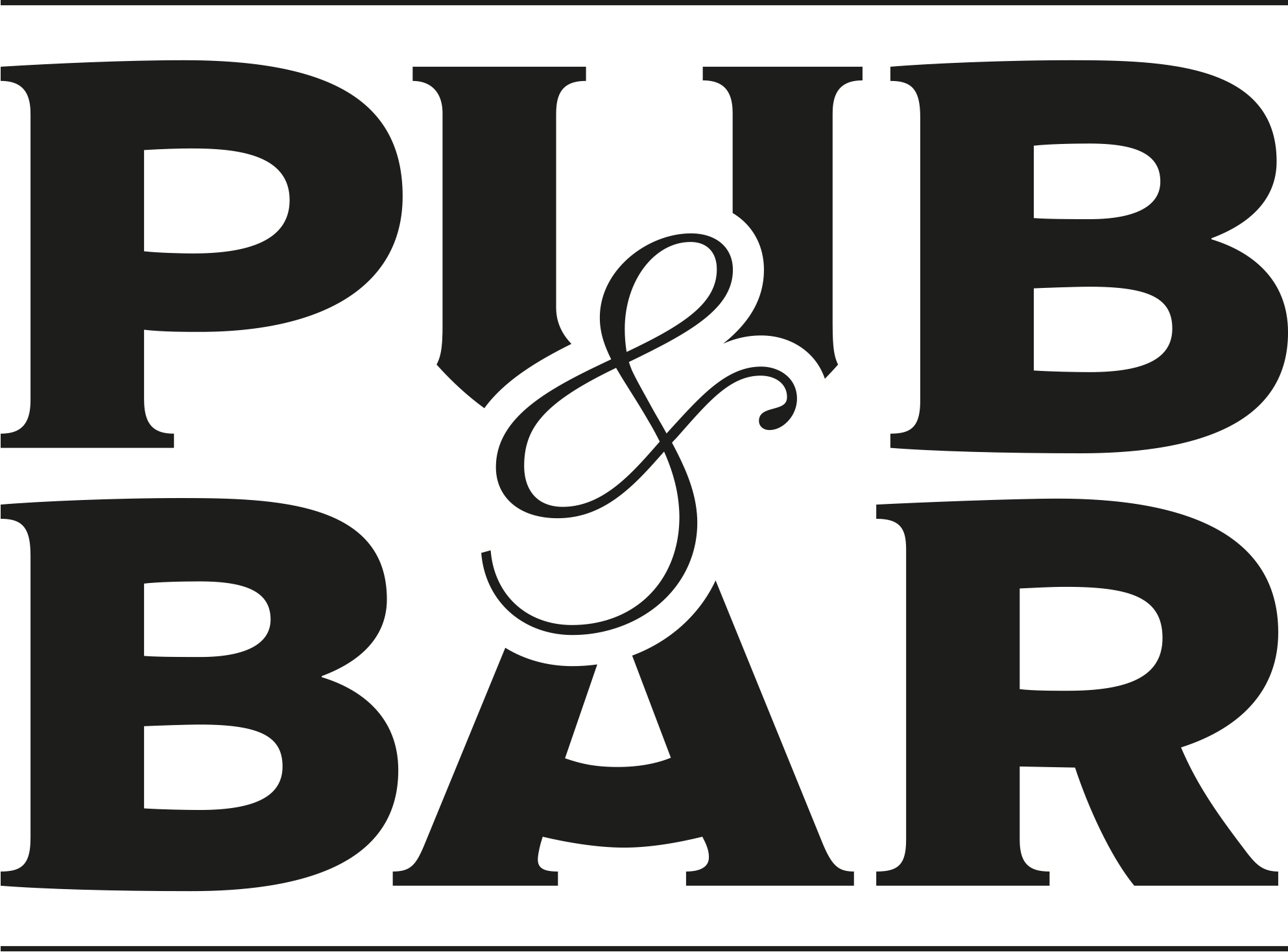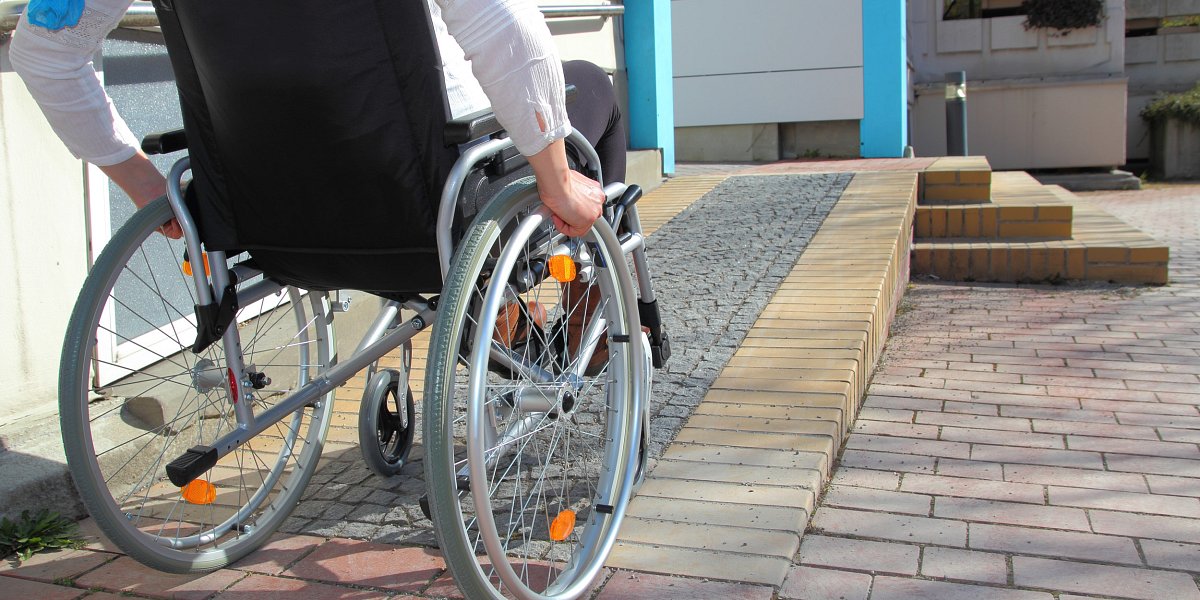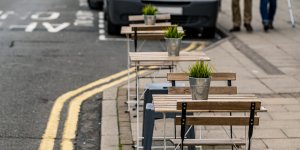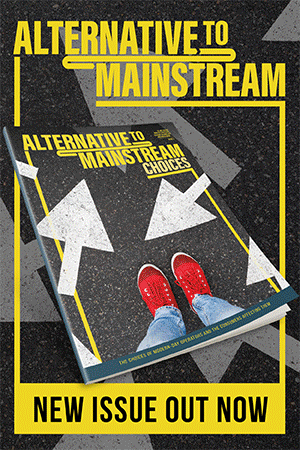Legal: Disabled access to pubs and bars
Piers Warne, legal director at UK law firm TLT, looks at the shape of possible rule changes in England & Wales compared with the position in Scotland.

In 2017, the House of Lords Licensing Select Committee, in their review of the Licensing Act 2003, found that disabled access to licensed premises had been left largely to disabled people themselves to police and push for change.
This, was, they said, unacceptable. Among their recommendations, they enjoined the government to do something about it, referencing Scottish licensing requirements relating to disabled access as a potential model. Following a period of deathly silence, the House of Lords has recently demanded the government take action. Will this inspire change? If so, what could it look like?
Findings of the Select Committee: has anything changed?
In 2017, when the Committee first made their recommendation, the government response was:
“The Act should not be used to control other aspects of licensed premises; this would be outside the scope of the licensing regime and contrary to the principles of better regulation.”
What followed was… nothing.
However, in July 2021, the government published its National Disability Strategy. The strategy recognised that, every day, many disabled people “feel excluded from leisure opportunities and socialising". The UK Disability Survey 2021 found 66% of respondents had been unable to access, or had extreme difficulty accessing pubs, bars, restaurants and cafes.
Therefore, with the pressure from the Select Committee following on from the government’s own findings, it would seem now is a good time to consider what changes might come into force down the road, should the government decide to grasp the nettle on this issue.
The Scottish position
The requirement for a Disabled Access and Facilities Statement (DAS) has been in force in Scotland since March 2018. The Scottish DAS has its roots in the 'Barred!' campaign, which sought to raise visibility on the lack of disabled facilities in pubs. The introduction of the legislation was a remarkable achievement at the time.
What is required?
The role of the DAS in Scotland is to require a statement to be completed and submitted with any new premises licence application. In theory therefore, licensing boards in Scotland can reject applications as incomplete where no statement is provided. However, if produced, there is no power for a Licensing Board to refuse an application simply because they do not like what the statement says.
The DAS effectively poses three questions:
- Is there disabled access to the premises?
- Do you have facilities for those with a disability?
- Do you have any other provisions available to aid the use of the premises by disabled people?
Applicants are required to provide clear and detailed description of how accessible the premises are for disabled people. e.g. ramps, accessible floors, signage. Applicants are then required to set out what facilities are offered, such as braille or large-print menus for customers, hearing aid induction loop, provision for assistance dogs and on.
Where does the liability stop?
What is very clear, however, is that the Scottish licensing system cannot be used to address an alleged mischief of a non-licensing nature, and that includes equalities law. The sole purpose of the regulation is to ensure the DAS is provided as a part of the application – and therefore made public. To put it another way, while a DAS might be explored and the applicant interrogated about its contents during a hearing, the application cannot be refused based on the information in the DAS or based on what facilities may or may not be provided - even if there are none.
In practice, it is not uncommon to find licensing board members ask questions about a DAS when considering a new licence application at a hearing. The agent or applicant would do well to field those questions sensibly and respectfully. If the case is one where certain facilities simply cannot be provided for practical reasons, this can be explained in submissions.
Ultimately the Scottish DAS is a tool to ensure additional details on disabled facilities, such as they may be, are in the public domain. This is achieved through the public licensing register which must also, by law, capture these details, so that people can do some research ahead of visiting a pub or bar if they so wish. Of course, businesses themselves often make clear what facilities they can offer their disabled guests via a website or social media.
Could it be said that the Scottish system is a tick-box exercise, rather than a means of improving disabled access? We’ll leave that to the reader to decide.
Differences between Scottish licensing and the Licensing Act 2003
Firstly, licensing registers in England and Wales are not consistent means of obtaining information about disabled access at premises. In fact, many authorities do not have online registers that give access to licence details, let alone ancillary documents such as a DAS. For this reason, providing a public statement at the time of applying for a new licence will not necessarily benefit disabled customers looking for this information on the council websites.
Perhaps more importantly, however, a significant difference that hasn’t really been given much consideration by the Select Committee is that Scottish licensing in this context deals solely with the sale of alcohol. In England & Wales, late night refreshment and regulated entertainment are also regulated under the Licensing Act. Therefore, any requirement built into the licensing legislation, for instance by way of a mandatory condition, would have a much wider impact on a much larger cross-section of premises. While that may sound positive for disabled access rights, the truth is that using the Licensing Act to try to get meaningful change is likely to create a larger number of arbitrary discrepancies between premises required to undertake statements and those who are not. For instance, cafes without alcohol licences or takeaway food premises not trading after 11pm would be excluded. This may lead to whole sections of hospitality that operate without premises licences simply being missed out. It also could result in potential for enforcement action to be taken along similar arbitrary lines of the haves and have nots.
Is there a better mechanism for securing disabled access rights outside of licensing?
The Select Committee, in their latest report, recognised there might be another way:
"If the government does not believe the Licensing Act 2003 is the right mechanism to bring about change, it is imperative that the government reviews the provisions of the Equality Act 2010 and in consultation with disabled peoples’ charities and organisations ensure accessibility to licensed premises is improved to enable everyone to enjoy licensed premises. The Committee welcomes the appointment of a hospitality disability and access ambassador and hope this role can champion the reforms needed to improve access."
In 2021, Kate Nichols was appointed as the first hospitality disabilities and access ambassador. Kate is the CEO of UKHospitality and has been a voice championing the hospitality sector for many years. The role of ambassador requires her to use her influence in business to encourage and support changes in access for both disabled consumers and employees. One suspects that with her deep insight of the sector, alongside input from disabled peoples’ charities, a better more joined up approach could be found.
Using the tools of legislation designed for the purpose, such as the Equalities Act, that do not discriminate must be a better option than trying to retrofit such important work into licensing legislation. However, it might be that, as has happened in the past, the government sees it as an easy win to simply amend licensing legislation and leave it at that.
Whichever route the government takes, premises capable of identifying and making reasonable adjustments to welcome disabled customers voluntarily will be putting themselves on the right side of the ledger, irrespective of whether the law takes a more draconian approach to enforcing it.















